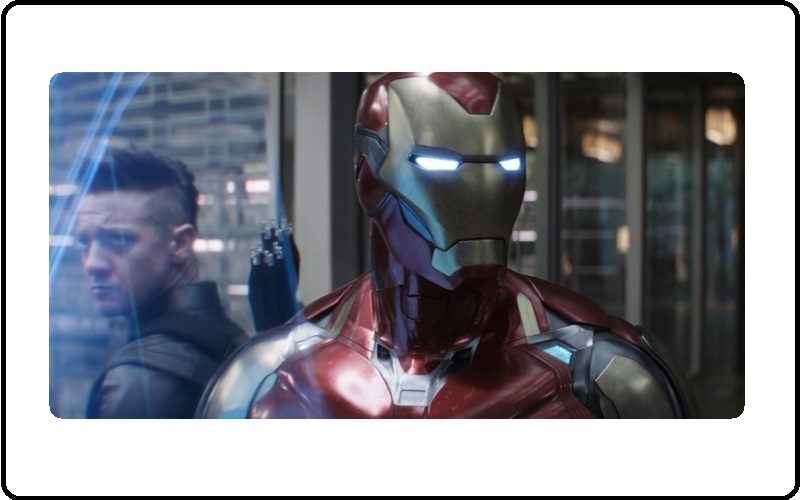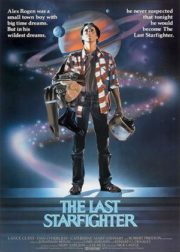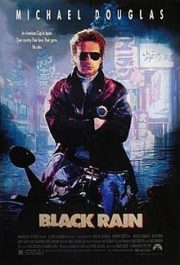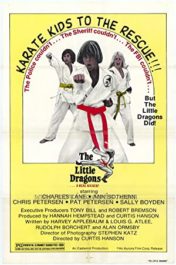
On Thursday 24th of April, Avengers Endgame will be released, and the world of cinema will enter a frenzy it has never experienced before on this scale.
You may be disbelieving, passing off my previous statement as a hyperbole, but it’s the truth. Yes, other franchises have had huge success: Star Wars, Harry Potter and James Bond are a few of many to generate huge numbers at the box office and earn loyal fans. However, no film franchise has ever beaten the Marvel Cinematic Universe (MCU), with its jaw-dropping total of over $18 billion. In the last decade, comic book films have become increasingly popular and more profitable. In both 2017 and 2018, 6 of the 15 most successful films of the year were Marvel or DC. In 2018, Infinity War and Black Panther took the top spots at 1 and 2 on the list. The MCU is this decade’s Star Wars, and its success cannot be denied.
In order to understand Endgame’s significance, you need to have a brief understanding of how the franchise has worked. The following quick summary will be a reminder for Marvel fans, and an insight for those of you who can’t tell your Iron Man from your Captain America.
Across 21 films spanning a decade, Marvel has developed dozens of characters and grown in popularity. Marvel has chosen to categorise their films into phases, with each ending with an Avengers film to bring all the characters into a huge blockbuster. Phase One introduced the MCU’s core characters – Iron Man, Captain America, Thor and the Hulk – and finally brought them all together in The Avengers. Phase 2 continued to develop these characters, while adding new ones with Guardians of the Galaxy, and ended with Avengers: Age of Ultron. Phase 3 brought characters such as Doctor Strange and T’Challa to the silver screen and will finish with Avenger’s Endgame. The end of Phase 3 will trigger a major change in the MCU. This shake up could mean the loss of important characters and a new era for the franchise. For Marvelites, this is the conclusion of 10 years of movies, and it’s a big deal.
Due to the incredible excitement shared among the Marvel community and the franchise’s strong results from the past, many people believe Avengers: Endgame has a chance at pushing James Cameron from his top spot on the list of most successful films of all time.
At the moment, the top 5 films on the list go like this:
1. Avatar – $2.787 billion
2. Titanic – $2.187 billion
3. Star Wars: The Force Awakens – $2.068 billion
4. Infinity War – $2.048 billion
5. Jurassic World – $1.671 billion
As you can see, Infinity War (the first part of the Phase 3 finale) came pretty close but couldn’t crack the top 3. There’s strong evidence on both sides of the argument as to whether Endgame will become the most successful film of all time, so no-one truly knows what will happen. Here’s a few reasons why and why not Avatar will lose its crown to Marvel.
As I’ve already established, Endgame is the second half of the finale for a decade of Marvel films, and history shows that final films in a series/franchise means a huge box office. The easiest and most relevant comparison to make for Marvel is Harry Potter, which also ended its franchise with two parts. Harry Potter and the Deathly Hallows Part 1 was extremely successful, with a worldwide total of $960 million in 2010. A year later, Harry Potter and the Deathly Hallows Part 2 was released, and it beat the first part by $400 million to reach $1.340 billion. Marvel is using the exact same structure, by splitting the finale into two and releasing the second part a year after the first. Harry Potter and the Deathly Hallows Part Two’s success suggests Avengers Endgame will do much better than Infinity War, which would bring it pretty close to Avatar. It also has to be recognised that the final part of Harry Potter was the 8th film in the franchise, and the excitement and box office grew for each addition. Avengers Endgame is the 22nd film in the franchise, which means its had even more time to pull people in and build anticipation. Hollywood has never seen a finale on this scale before – most series are trilogies or less than 10 parts – so could it generate a box office it’s never seen before either?
Even though Endgame hasn’t opened yet, pre-booking for tickets has and it shows great promise. Pre ticket sales have already made £6 million in the UK alone, suggesting it will beat the British record for highest opening for a film at the box office. Cinema websites crashed all over the world, as people woke up terrifyingly early to grab tickets. People were forced to wait in online queues because the websites couldn’t handle the volume of users. On the first day tickets were available, an average of 30 tickets were being bought every 10 seconds on Odeon, a record for the cinema. This proves how desperate everyone is to see Endgame and suggests Odeon’s online ticket sales won’t be the only record it smashes.
However, in order to become the most successful film of all time, Endgame has to beat Avatar, which had a huge advantage. Avatar was released in 2010, when 3D filmmaking was first being introduced to the public. Avatar was the first true blockbuster to use this technology and be released worldwide, which generated a huge buzz for the film. Due to the promise of unique visuals you couldn’t miss, everyone wanted to experience this new type of film in the cinema. Who wouldn’t want to go to the cinema and try out this seemingly magic idea of a film coming out of the screen? The 3D element didn’t just attract more people to come to the cinema. Being the first big-budget 3D film meant cinemas could seriously raise the ticket prices, but no-one minded because everyone was so desperate to see it. These two factors combined created a financial powerhouse that took the world by storm. Endgame doesn’t have this type of attraction, because hundreds of films now use 3D and incredible CGI. Is Avatar’s success impossible to recreate due to its nature?
At just over 3 hours, Avengers Endgame is going to be a long ride, which will negatively affect its box office. Although its longer runtime is unlikely to dissuade the public from seeing the film, it will mean that cinemas won’t be able to have as many showings every day. Small cinemas won’t have enough screens to be able to make up for Endgame’s three hour run, which could mean they show it one less time every day. This seems a small difference, but when you combine this lost showing with all the smaller cinemas in the world, it adds up. Endgame’s runtime isn’t good news for other films being shown this month either, as multiplexes will likely choose to give the extra screen to the Marvel rather than the competing movies.
To conclude, Avengers Endgame will certainly be a financial success, but its chances at receiving the golden medal for most successful film are uncertain. We’ll just have to wait and see.
























